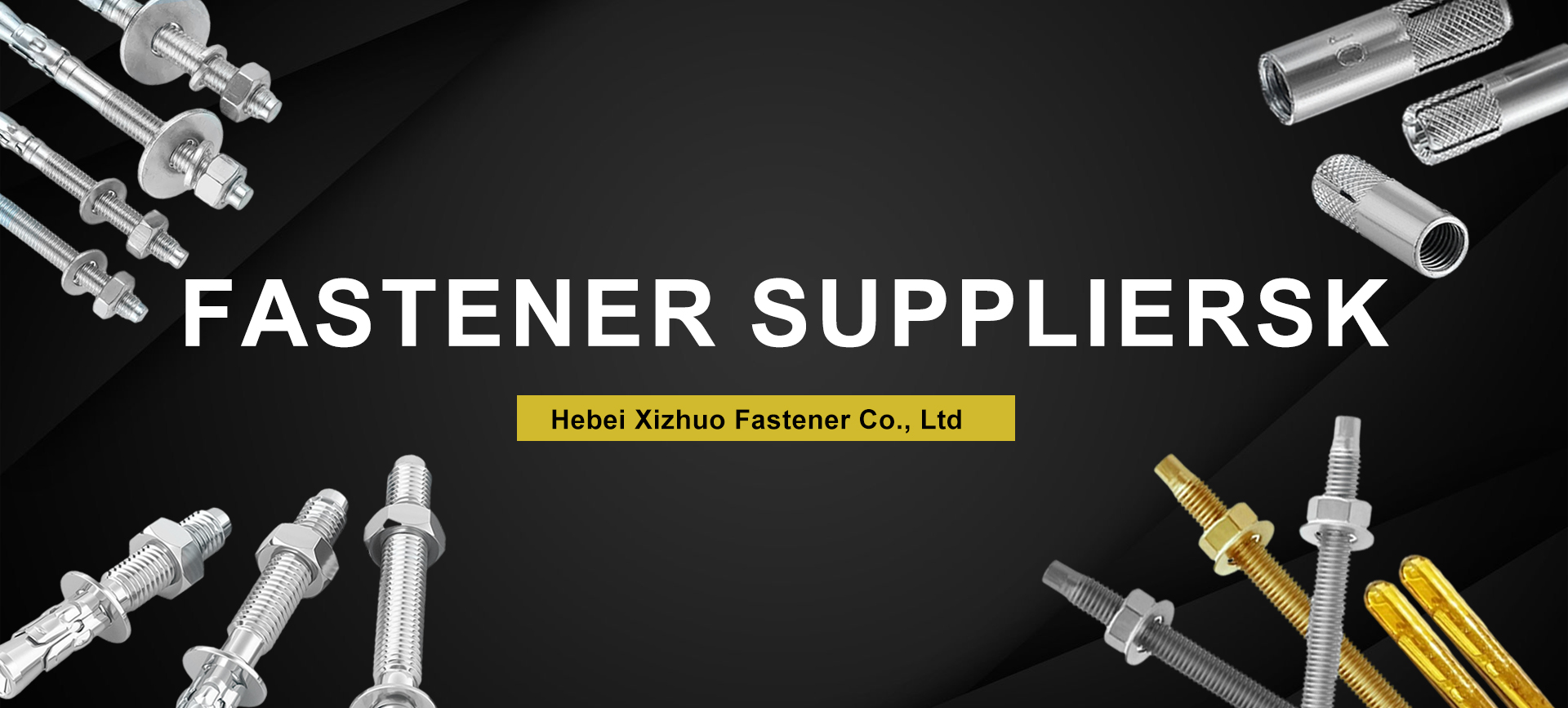30mm self drilling screws
Understanding 30mm Self-Drilling Screws Advantages, Applications, and Considerations
Self-drilling screws are an essential fastening solution in various construction and manufacturing contexts. Among the diverse range of self-drilling screws available, those measuring 30mm in length hold a significant place due to their versatility and efficiency. This article will explore the various benefits and applications of 30mm self-drilling screws, as well as factors to consider when selecting them for your projects.
What Are Self-Drilling Screws?
Self-drilling screws are designed with a drill point that allows them to drill their own hole as they are driven into materials. This unique feature eliminates the need for pre-drilling, making the fastening process more efficient and time-effective. These screws are particularly beneficial in metalworking, construction, and other applications where speed and reliability are key.
The Advantages of 30mm Self-Drilling Screws
1. Length and Reach At 30mm, these screws provide adequate depth for fastening materials together without being excessively long. This length is ideal for a variety of applications, balancing the need for structural integrity with the risk of penetrating too deeply into substrates.
2. Reduced Installation Time Since they do not require pre-drilling, 30mm self-drilling screws save valuable time during installation. This time-saving feature is particularly advantageous in large-scale projects, where efficiency is crucial.
3. Versatility These screws can be used in various materials, including wood, metal, and plastic. Their adaptability makes them a go-to choice for a range of construction tasks, from securing sheet metal to framing wooden structures.
4. Increased Pull-Out Resistance The design of self-drilling screws allows for a robust grip once installed, offering excellent pull-out resistance which enhances the overall stability of the assembly.
30mm self drilling screws

5. Corrosion Resistance High-quality 30mm self-drilling screws often come with coatings or are made from stainless steel, making them suitable for outdoor and harsh environments where corrosion resistance is critical.
Applications of 30mm Self-Drilling Screws
- Construction These screws play a vital role in framing and securing various components of buildings, particularly in the installation of metal roofing and siding. - HVAC and Electrical Applications Shorter length screws like the 30mm variant are frequently used to attach ductwork and electrical components, where precise fastening is needed without the risk of penetrating through other materials. - Furniture Assembly In the assembly of wooden or composite furniture, 30mm self-drilling screws provide a strong joint while simplifying the assembly process for manufacturers and hobbyists alike.
Considerations When Using 30mm Self-Drilling Screws
1. Material Compatibility It’s essential to ensure that the chosen screws are suitable for the materials being joined. Always check the specifications to determine if the screws can handle the expected load and environmental conditions.
2. Screw Type and Thread Design Depending on your application, the thread design and the screw's point type (e.g., self-tapping, self-piercing) will influence the fastening's efficiency. Choosing the right type is critical.
3. Installation Tool Using the proper installation tools, such as electric or cordless drills with the right torque settings, can significantly affect the performance of self-drilling screws. Always refer to the manufacturer’s guidelines for the best results.
Conclusion
30mm self-drilling screws represent an effective fastening solution that can streamline construction and manufacturing processes across a variety of applications. Their time-saving benefits, versatility, and reliability make them a preferred choice for many professionals. By understanding the nuances of these screws, including proper usage and selection considerations, one can maximize efficiency while ensuring structural integrity in projects ranging from small DIY tasks to large-scale constructions.
-
Weatherproof Plastic Expansion Anchors for OutdoorNewsJun.06,2025
-
Sustainability in the Supply Chain: Eco-Friendly TEK Screws ProductionNewsJun.06,2025
-
Load-Bearing Capacity of External Insulation FixingsNewsJun.06,2025
-
Double Head Bolts: Enhancing Efficiency in Industrial MachineryNewsJun.06,2025
-
Corrosion Resistance in Chipboard Screws: Coatings for Wholesale DurabilityNewsJun.06,2025
-
Butterfly Toggle Bolts : Enhancing Structural ResilienceNewsJun.06,2025
